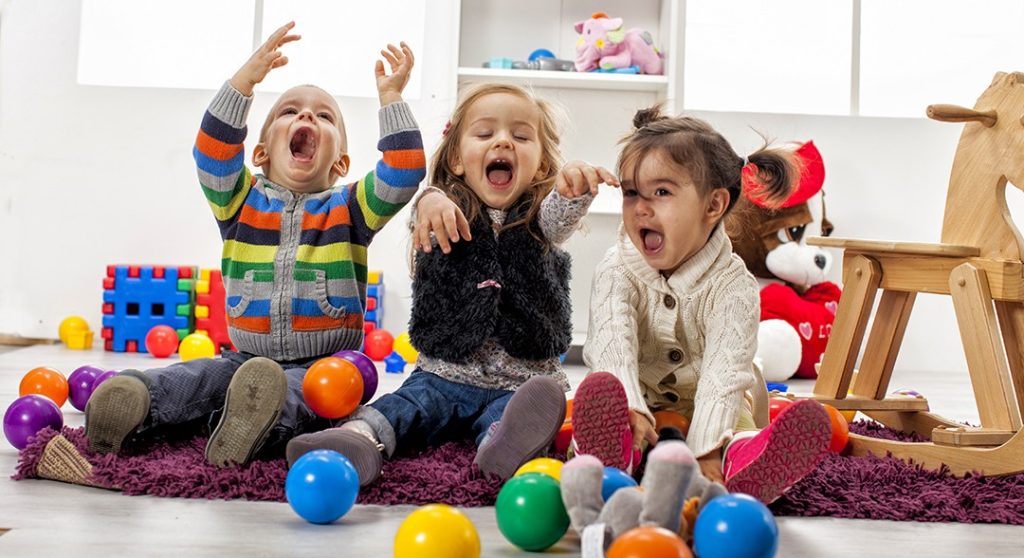Supporting your toddler’s developing independence
April 27, 2022

Sometimes, your toddler will want to do these things without any help; other times, they’ll need your help with everything. With the uncertainty of whether help is needed or not comes frustration on your part and that of your toddler. This is when your toddler may resist and throw a tantrum.
Being independent
Your toddler may resist any help from you, insisting that they can do a task on their own. However, they may then become frustrated because they’re unable to complete the task as they would like. The resistance to accept help is your toddler asserting her independence.
In order to assert their own will, your toddler may reject your own.
Negotiating when to assist, when to hang back and when to anticipate opposition takes time and patience. Having some ideas of what to anticipate and how to negotiate independence may ease resistance and opposition.
Getting dressed
One milestone for toddlers is getting dressed by themselves. Around the age of two-and-a-half years old, your child may begin to show an interest in dressing and undressing on their own. By encouraging them to do this, you support them in improving both their coordination and confidence. Let your child pick out their own clothes if preferred. You may find that your toddler insists on wearing the same clothing day after day. This is part of your child’s developing schema or pattern of repeatable behaviour, which leads to problem-solving. Here are some other ways you could support your toddler’s independence:
- Remain positive and avoid saying “No” and “Don’t do that” by focusing instead on what can happen or what is good about a situation.
- Show your toddler how to help with jobs in the house. For example, put dirty clothes in the laundry pile or put toys away.
- When your toddler is trying new things, encourage them by offering praise and celebrating tries.
- Give your toddler choices, such as “Do you want an apple or a pear?” or “Do you want to wear the red shirt or the blue shirt?” It’s important to respect their choice and follow through, so they understand that they have made a good choice.
- Try to allow your toddler to have a go before stepping in to help or do something for them.
Sharing
Another aspect of developing independence is the idea of sharing. Your toddler struggles with sharing because they’re still in a stage of life where they’re the centre of everything and believe that they should have whatever they want. Your toddler sees the world only from their point of view and doesn’t necessarily understand why they should have to share anything if they want whatever it is.
While your toddler wants to be independent, they’re still egocentric and learning the idea of seeing situations from someone else’s point of view. The same resistance to accepting help from you may surface when asked to share something your toddler identifies as theirs.
Very often, you’ll hear a very loud “Mine!” when your toddler is asked to share, accompanied with a firm refusal to give up the object being requested.
How do you cope?
Think about the following:
- Allowing your child to hide some of their most precious possessions before other children enter your toddler’s space.
- Encouraging your toddler to allow you to handle the possession without having to let go.
- Praising your toddler when they do share. Modelling and labelling your sharing behaviours while your toddler is observing.
Your toddler needs practise to learn and understand. It’s important to have patience during this process, allowing your toddler to make mistakes while offering physical and emotional support.
A child’s self-esteem is developing while exploring independence and sharing, and frustrating as it can be, your positive support and encouragement will create a strong foundation for building positive self-esteem.